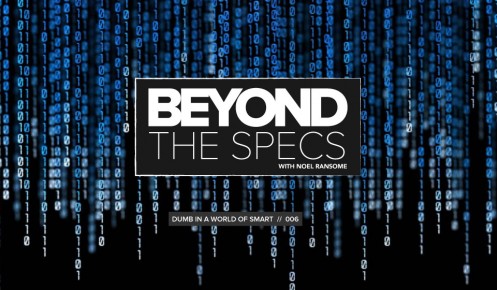I remember uttering the words, “I want to be a Hacker when I grow up.” While I can feel eyebrows collectively rise, rest assured, there was nothing too abnormal about me saying this as a ’90s kid. This was an era of the force-fed machinations of Generation Z, where words like “bad” and “ill” were cringe-free forms of linguistics. It was a time when it was actually acceptable to wear sneakers with neon lit heels from a brand called LA Gear, and sport Tamagotchis, with their virtual pet appeal, set to replace the household dog.
All this corniness and experimentation had an underlying message however; that the norm and act of playing by the rules was no longer in. It was also a period when niche hobbies were cinematized and re-branded with an awful coat of that same “cool”. The first time I, in fact, used the word hacker was while viewing the 1995 film labelled under the same name.
Hackers invented the genre coined as “Hackploitation”. The public was just beginning to hear about teenage troublemakers with online personalities that had the ability to access sensitive corporate data, including your own. The film iteration of art imitating life tried to mirror that with its own variety of sensationalism.
These weren’t the news-focused hackers of today, that target film corporations on behalf of a country. These were kids looking to mess with authority on all levels.
These weren’t the news-focused hackers of today, that target film corporations on behalf of a country. These were kids looking to mess with authority on all levels. Cinematically, Hackers celebrated every facet of a nerd subculture that involved everything from virtual-reality and cyberpunk dance clubs to gaming. The petri dish of control that characters like Dade – code-named “Zero-Cool” – had was plain silly, but equally scary, if it had a semblance of reality.
What made the concept of a hacker so appealing, and still does till this day, regardless of whether the motives were to threaten or steal, came from the fact that within every man-made system therein lays a flaw. Systems can be exploited, much in the same way as people can be, and there are a select skilled few who are able to see and take advantage of those flaws.
The odd thing about the current predicament is that we, as people, are moving more towards a technological dependent society despite the threat. We know less about the systems we use because “ease of use” is of primary concern. We’ve become dependent on storing information on cloud-based systems and storing passwords on servers we have no control over.
As Sony executives must know by now, accessible emails are stored somewhere unbeknownst to you, regardless of deletion.
The latest fiasco involving a series of hacked emails, stolen content and the long distance echoes of threats towards film studios, begs the question: are we really better off compared to the days of notepads and common mail?
In Hackers, film viewers were asked to suspend their disbelief that everything was driven by computer code. Whether it was a sprinkler system, or a television broadcast station, it was all controllable because an idiot decided that the world would be “easier” and more proficient that way.
While the world’s dependence on hackable technology hasn’t reached those absurd levels, we’re still flirting with the idea of “smart” technology. Today’s everyday household items are allowing for a maintained connection to the World Wide Web. Smart in many instances involves the collection of data as well. As many have noticed, devices are beginning to understand the things that matter to the user. Browsers also take on “smart” traits by providing an endless amount of suggestions based on algorithms and patterns in your search history. As Sony executives must know by now, accessible emails are stored somewhere unbeknownst to you, regardless of deletion.
In those same ancient days of old, to get an answer was a journey, to operate a complicated machine was an exploration. Through it all, we gained a proper understanding and the ins and outs.
Instant gratification served through today’s technology lends itself to a lack of understanding of the devices we use. The more dependent people become with technical instruments designed around ease, the more temptation users have in their inclinations to be “dumb” and misinformed in the process.
Much like how research comes in quick forms now, compared to the ancient days of library cards, so does technological usability. In those same ancient days of old, to get an answer was a journey, to operate a complicated machine was an exploration. Through it all, we gained a proper understanding and the ins and outs.
It’s possible we’ve sacrificed something in our effort to get things done quickly. When a select few understand the flaws and exploits of the everyday systems we depend on, it becomes no wonder that a multibillion-dollar corporation could find itself vulnerable due to not being “smart” about its technology.
Those hackers of the corny ’90s would have had a field day with us.
@NoelRansome




Comments are closed.